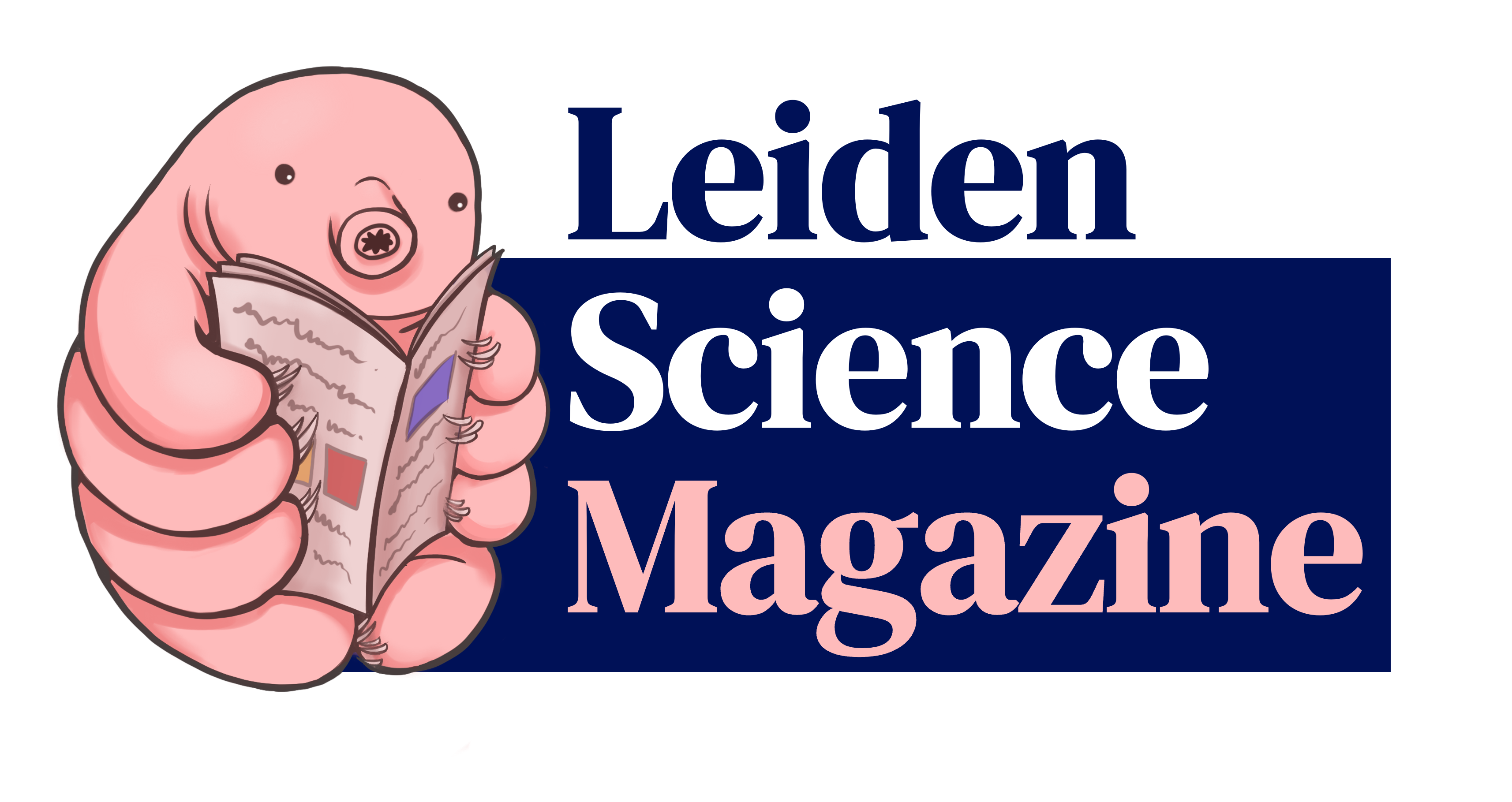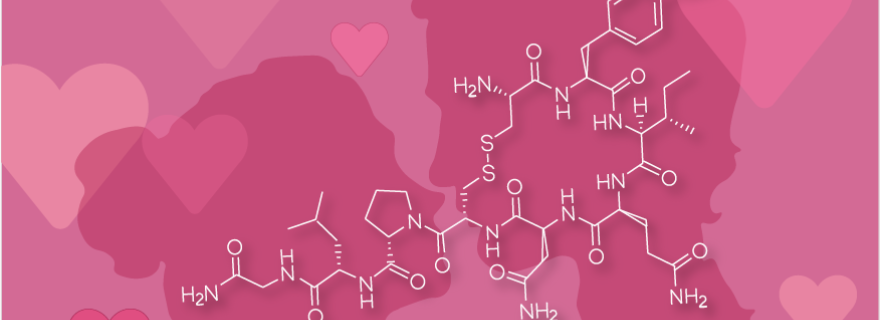Is oxytocin all we need?
Before you start concocting your own love potion, it might be a good idea to dive into the chemistry behind love. A scientific view on one of the drivers behind this complex emotion.
A few days after Valentine’s Day, as the initial excitement slowly but surely fades away and the usual grey returns, I cannot help but wonder about the meaning of love (while I happily indulge in heart-shaped chocolates bought on sale). Inevitably, I find myself contemplating some of the most famous stories we have been told about love such as that of Romeo and Juliet, a Shakespearean classic that has undoubtedly reinforced our collective fascination for love.
Despite all the dedicated efforts towards unveiling the many mysteries around it, many questions remain unanswered, such as the one plaguing me at this very moment: how does an innocent teenage crush lead to the stabbing of a person, followed by one of the two lovers faking their death which results in the other one killing himself and leaving the first one no other choice (really?) but to also kill herself? Dear God! There certainly must have been more in the air than just love. Maybe the real culprit here would have not been found in the air but rather rushing through our main protagonists’ pubertal bodies, a multitalented peptide molecule named oxytocin and popularly referred to as ‘the hormone of love’.
Despite the properties of oxytocin and its many variants having been extensively researched in the past few decades, a couple of myths persist and continue fuelling heated discussions on the topic. Regardless of whether oxytocin is at the core of romance or not, it certainly already has ignited our passion for the subject. But before you (mad scientists) start thinking about concocting your own love potion, here are a few facts about oxytocin and its potential implication in love you might want to consider first.
What is oxytocin?
Oxytocin is a peptide molecule with a broad range of physiological and behavioural functions. The word oxytocin originated from the Greek word oxutokia which translates as ‘sudden birth’ and hints at its functional capacity to induce a quick birth. Although initially identified as a female reproductive hormone, oxytocin is also known to play an important role in maternal behaviour. For instance, by supporting the bond between mother and child during early infant stages. Nonetheless, studies on mutant mice have reported that maternal care persisted in the absence of oxytocin and its receptor, thus suggesting that oxytocin is only one element contributing to this complex parental behaviour. As a matter of fact, a broad range of neural systems, neurotransmitters and neuromodulators have been shown to participate in the regulation of the oxytocin system.
Interestingly, some of those chemicals are even more ancient than oxytocin itself and also involved in the neurobiology of love as well as physiological reactions to potential threats. Consequently, oxytocin is also believed to play a central role in our ability to cope with challenges by modulating our reactivity to stress and facilitating recovery following a stressful period. However, responses to oxytocin in the context of stress depend on the social history of an individual. Oxytocin is thought to be critical during early brain development and thus influences an individual’s capacity to create lasting attachments. In addition the health benefits of oxytocin also rely on interactions with more ancient physiological systems. For instance,the interaction between oxytocin and vasopressin influences our emotional ability to perceive safety. Once again, these facts point towards the more realistic understanding of oxytocin as being part of a larger physiological equation.

But what is love?
Love has many meanings (we are about to get philosophical here) and its interpretation often depends on an individual’s own perspective. For myself, for instance, love is what I feel when I see my food arrive at the restaurant, but for you it might be something entirely different (no judgement here). Scientists have commonly defined love via selective behaviours and attachments, a rather limited definition that allows for the identification of parallels between it and the functions of oxytocin. The latter is arguably part of a system that supports secure relationships; it has been associated with the health benefits of both emotional and physical support. However, oxytocin is also involved in more primitive and individualistic systems, such as processes necessary to manage threats, inflammation and disease, all mechanisms that support individual survival in the short-term.
Now, has oxytocin earned its title of “the hormone of love”? Is it truly THE hormone responsible for the feelings we typically associate with love (which, let us be honest, Shakespeare took to a whole other level)? I am afraid, that the answer is much more complicated than we had anticipated. In addition to the oxytocin system being rather difficult to identify, measure and study, it has become clear that oxytocin is only one component contributing to how we emotionally (and certainly also physically) experience love.
Though, before you give up on this lovely peptide, it might be worth considering its multifaceted nature and particularly its role in reducing emotional threat which could be of particular interest when considering mental health challenges following negative, social experiences.Maybe if Romeo and Juliet’s respective families had not fallen out in the first place and oxytocin levels had been high enough to give our two lovers a sense of safety, the whole mess could have been avoided (or not, who knows, really). Anyways, despite our many efforts, oxytocin, just like love, remains a mystery, though, I hope you agree with me, that it is a mystery worth exploring.



0 Comments
Add a comment